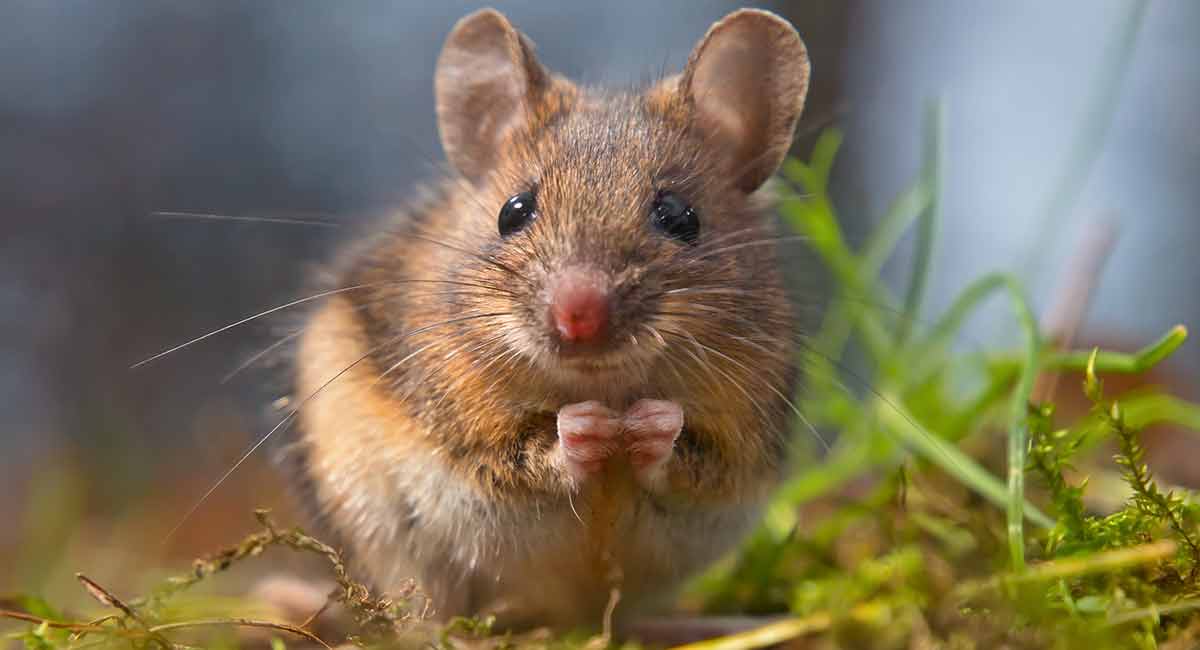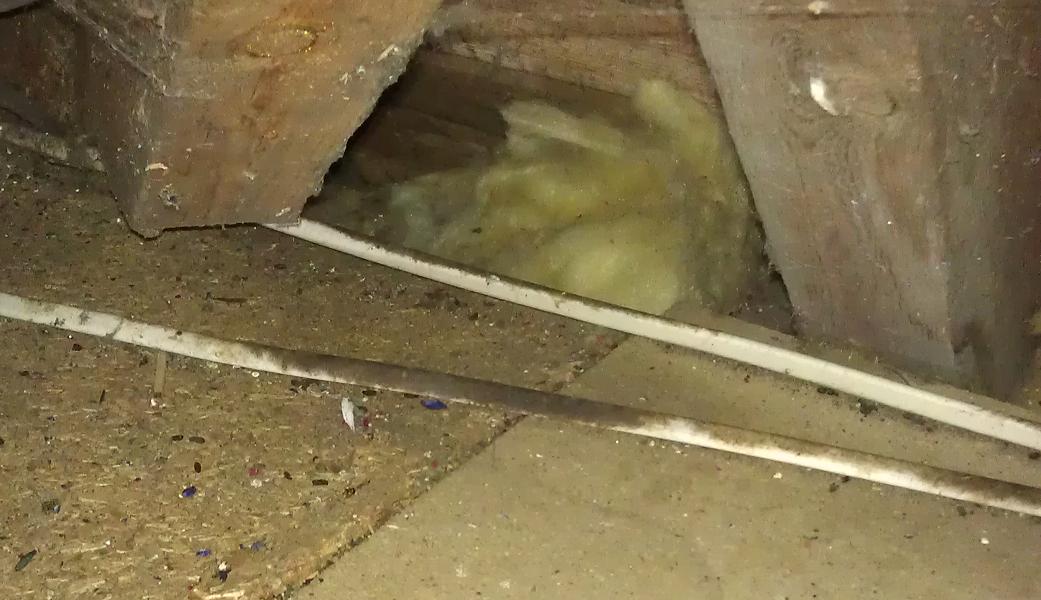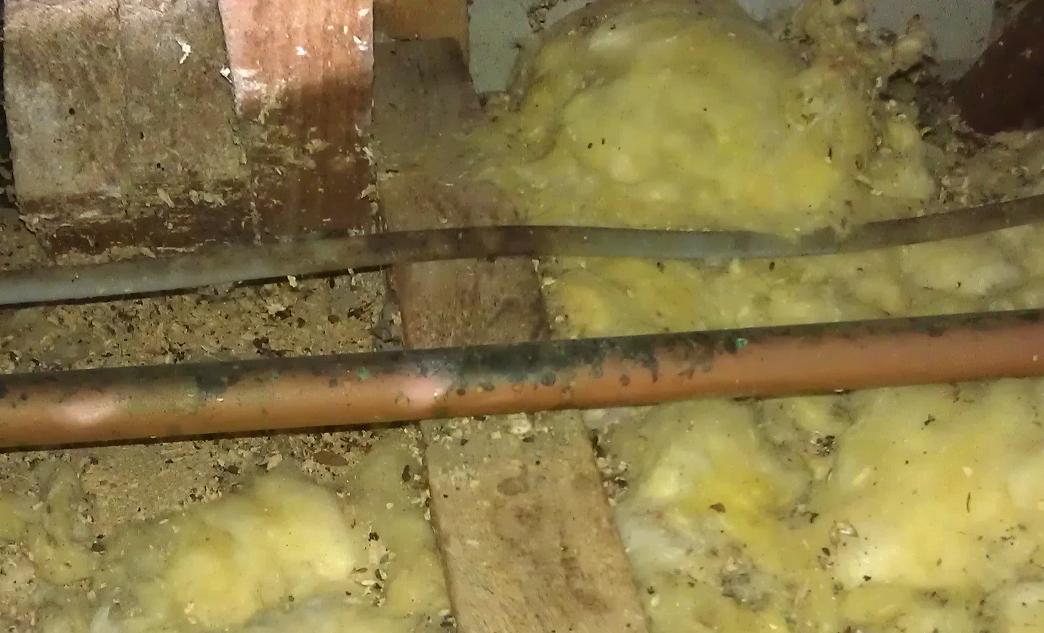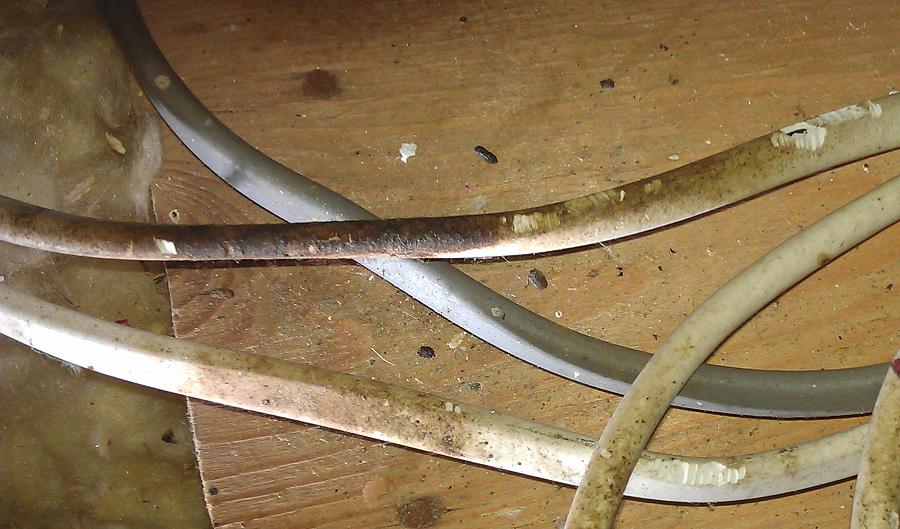Wood Mice (Apodemus sylvaticus)
Info and advice on keeping your home protected!
In the area around Haslemere, Farnham and Guildford, where Country Services has a lot of pest control contract customers, the most common pest by far is the humble mouse.
Contrary to popular belief, most of the mouse infestations we deal with in people’s houses are not caused by house mice, but by wood mice.
The wood mouse (Apodemus sylvaticus) is also known as the long tailed field mouse or Common wood mouse and is slightly bigger than a house mouse.
It is extremely common in Surrey, Hampshire, Sussex and neighbouring counties, and is often found nesting in roof spaces, under the eaves, and even behind kitchen units.
Whilst mice are not technically incontinent, they do leave droppings and trails of urine wherever they go.
These urine trails not only contain a number of pheromones that serve to attract other mice, but they have also been shown to be a major cause of asthma and other allergic compaints.
As if that wasn’t bad enough mice are also known to be carriers of a number of diseases transmissible to humans, from the fairly well known Leptospirosis (also known as Weil’s Disease) through to the rare, but potentially deadly Hantavirus (also known as Heamorrhagic fever with renal syndrome).
As is the case with most diseases of this nature those most at risk are the elderly and the very young, however it is not just your health that is at risk if you have mice living in your house.
As members of the order rodentia, mice have a single pair of front teeth in both the upper and lower jaws that grow continuously throughout their lives.
In order to keep their teeth short enough to eat, all rodents gnaw in order to wear the teeth down as they grow.
This has the unfortunate side effect that rodents can cause a lot of damage to their environment. When mice live outside in the wild this is not an issue, but as soon as they move inside then this changes.
Mice gnaw on whatever they happen to be next to, whether it is wooden joists, stored posessions, or even electrical wiring. They also use the gnawed material to create nests to live in.
This gnawing presents a significant risk to your home. House fires have been known to be started by rodents gnawing on electrical wiring, and wood mice are no exception.
Wood mice are nocturnal, so you are more likely to hear noises in the roof when you are trying to sleep at night. They will be scrabbling around, searching for food, mating, and defending their territory over your heads, and even in the wall cavities of your house.
Wood mice also have the tendency to store food in caches around their territory.
They will eat insects and bugs, but particularly like nuts, seeds, and grains. These caches of food often lead to secondary infestations of small brown biscuit beetles (Stegobium paniceum) which find their way through light fittings into rooms and are often found in huge numbers on windowsills.
When you consider a female wood mouse produces a litter of between 3 and 7 young every 26 days it is easy to see how an infestation of these small rodents can rapidly get out of hand.
If you have any suspicion that there are wood mice in your house then you should contact us straight away to arrange a free survey of your property.
01428 714031




